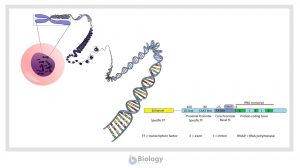Definition
noun, plural: muscle tissues
An animal tissue capable of contracting, and therefore enables movement or tension in the body
Supplement
The animal body is comprised of different tissues. There are four fundamental types of animal tissues: muscle tissues, epithelial tissues, connective tissues, and nervous tissues. The muscle tissue is the animal tissue capable of contraction and is associated with the various movements or locomotion in animals. The muscle tissues together with the other tissues (e.g. tendons) are the ones that make up an animal muscle. Nevertheless, the muscle tissues are the ones responsible for muscle contraction. They are formed during embryonic development via the process of myogenesis.
There are three types of muscle tissues:
- skeletal muscle (or the striated voluntary muscle) tissue
- smooth muscle (or the non-striated involuntary muscle) tissue
- cardiac muscle (or the heart muscle) tissue
The muscle tissue is comprised of the muscle cells (also called myocyte). And each myocyte, in turn, is comprised of several chains of myofibrils. The myofibril is comprised of repeating sections of sarcomere, which is the basic unit of a muscle.
Compare:
See also:
- fibre
- Strain
- Amyoplasia
- Hypoxanthin
- muscle
- muscle cell
- tissue
- twitch muscle
- catch muscle
Related term(s):
- Skeletal muscle tissue
- Smooth muscle tissue






